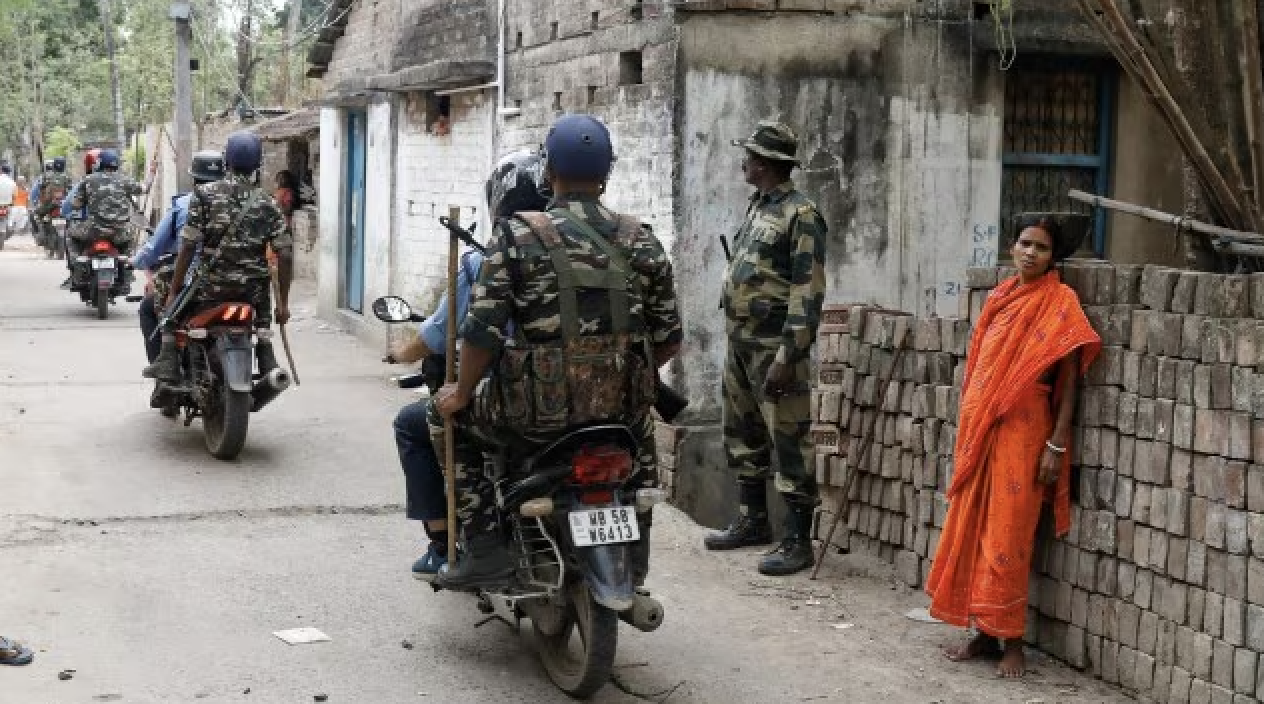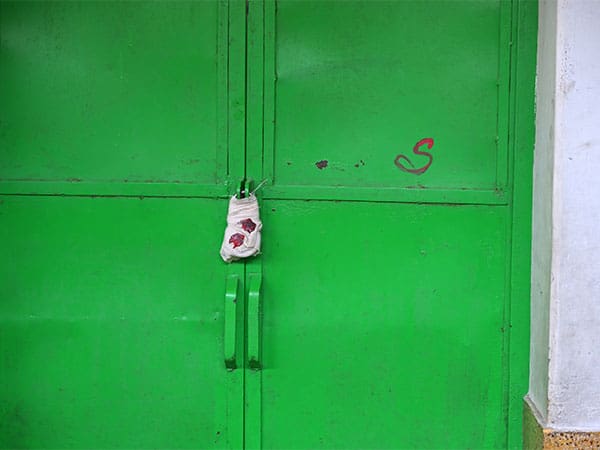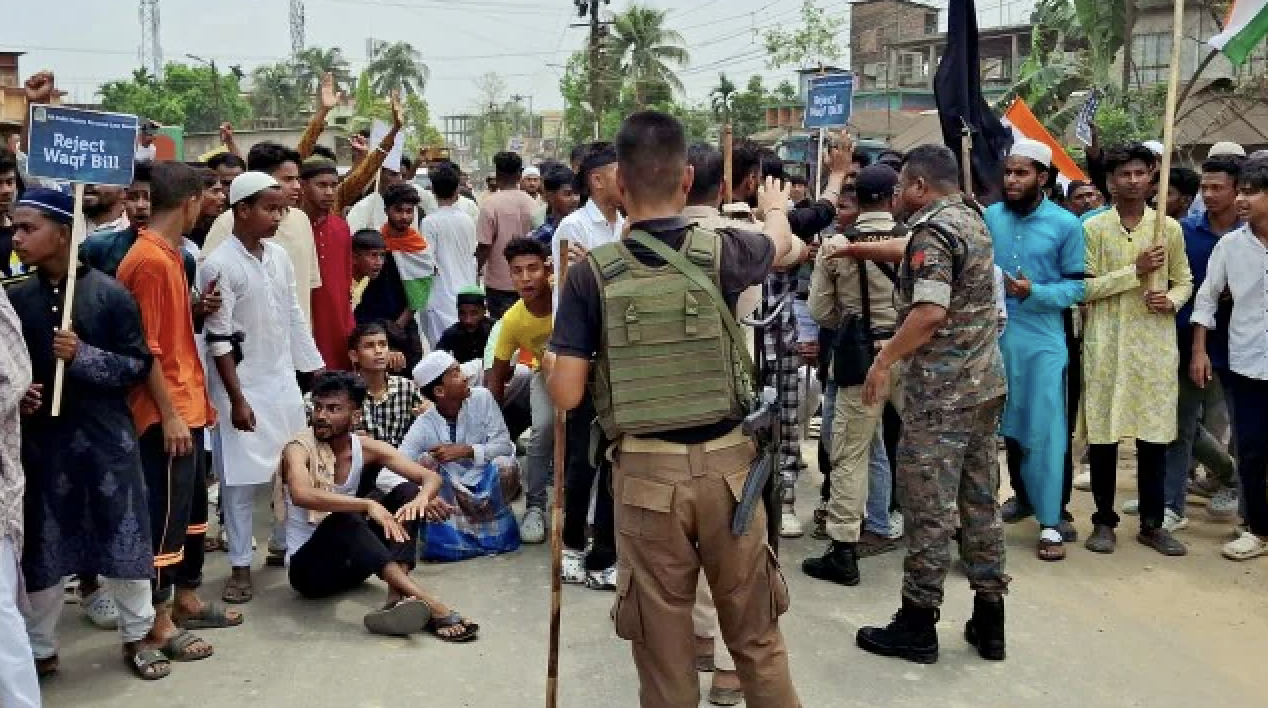New Delhi: Nearly three years after Rakbar Khan was lynched in Rajasthan’s Alwar by cow vigilantes, police arrested local VHP (Vishwa Hindu Parishad) leader Naval Kishore Sharma on Thursday, June 17.
Although Khan’s family had accused him of being a “mastermind” earlier, he was not arrested. In fact, Sharma had claimed to be “with the police and helping them”, while four others had been arrested in connection with the case.
Since the incident took place in July 2018, Khan’s family has maintained that the VHP Gau Raksha cell chief of Ramgarh, Alwar, had indeed led the mob that beat Khan to death. Although the FIR in the case had mentioned Sharma to have been present at the scene of the crime, however, it said he had tipped off police about the incident.
According to Indian Express, Khan’s cousin Haroon (30) after Sharma’s arrest said, “He should have been arrested earlier. But better late than never. Now he should stay in jail and get the harshest punishment.”
Alwar SP Tejaswani Gautam said that Sharma was arrested on June 17 night, and has been found guilty of conspiracy, of being involved in cow vigilantism.
According to the special public prosecutor, Ashok Kumar Sharma, the police had unearthed additional evidence against the accused Sharma, including telephonic messages, which were examined for a long time after the incident took place.
“…[H]e was a part of the criminal conspiracy. He was misleading police and informing them, yet everything was happening under his watch. He gave the impression that he is with police and helping them,” Indian Express quoted the special public prosecutor as saying. The prosecutor said Sharma had been sent to 10-day custody.
Background
The case dates back to July 20-21, 2018, when Rakbar, a dairy farmer, and Aslam Khan were transporting cows on foot on the intervening night to their village Kolgaon in Haryana, when they were attacked by villagers at Lalwandi under Ramgarh Police Station in Alwar. While Aslam Khan managed to escape, Rakbar Khan was beaten to death.
According to accused Sharma, when the incident took place, he had informed the police immediately after reaching the crime scene. As per his version, some local youths had called him after midnight. As his phone was on silent mode, the youth had called his nephew, who then woke him up and told him that locals had caught a cow smuggler and asked him to call the police. So, he called the police at around 12:41 am. As he lived close to the police station, it took him barely five minutes to reach there, and he had waited five to ten minutes for the police jeep before heading to the crime scene.
When they reached the spot around 1.15-1.20 am, Sharma had said, Rakbar Khan was lying in the mud, with two cows tied to a tree nearby. He said some villagers had run away seeing the police jeep.
After the incident, the FIR mentioned some Dharmendra Yadav, Paramjeet Singh, Naresh Sharma and Vijay Kumar, and they were arrested. However, the police kept investigation against Sharma pending under Section 173 (8) of the Code of Criminal Procedure (CrPC). A charge sheet was filed against the four but the final arguments are yet to be heard. Paramjeet and Naresh are currently out on bail.
Earlier this year, in February, The Wire had reported that Rakbar Khan’s family had written to Alwar’s district and sessions judge Sangeeta Sharma requesting her to transfer the case to another court, alleging the presiding officer of favouring the accused.
“The accused tell us that they have managed the presiding officer and now the judgment will be in their favour,” the family had said in their application.
“Recording of prosecution evidence is still going on but we have come to know that the judgment is already being written. In such a situation, we have no hope for justice from ADJ 1 Sarita Swami,” the family had added in their application.
However, the application was rejected on procedural grounds.
Speaking to The Wire at that time, Rakbar’s brother Haroon Khan had said, “We are afraid that the court will acquit the accused just the way they did in the Pehlu Khan case.”
This article first appeared on The Wire






